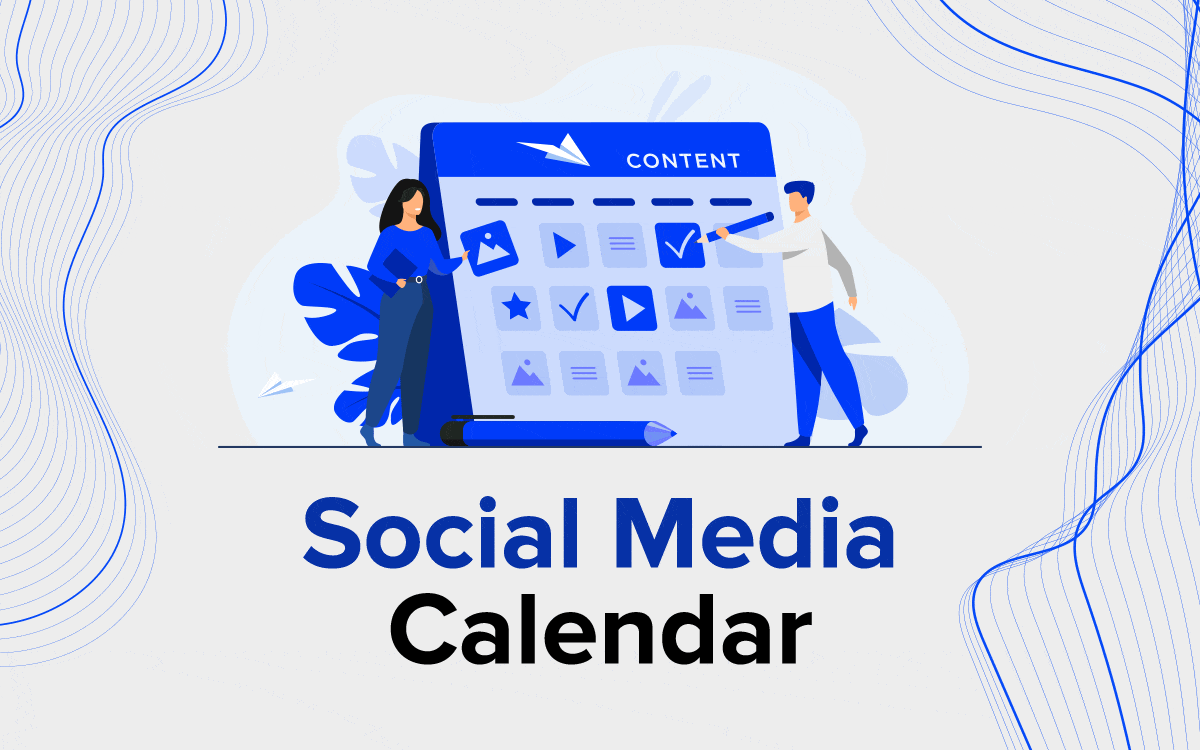Why blog
There are simply too many things to say about the importance of writing a blog. Very briefly, blogging regularly makes you a subject matter expert. This promotes trust and gives you an audience. The true benefit lies in having an audience that follows you on the platform that you fully own. There are no rules when you’re posting on your very own website but blogs that posts daily gets 5 times more traffic than those that post weekly. Here are some ideas for what you should be blogging about:
1: Blog about the cuisine you are serving in your F&B business.
If you do steaks – talk steaks. If you do Malay food – talk mee siam and nasi lemak. If you do Chinese Muslim food fusion with hint of Japanese and Icelandic – write about that too. (but tell me if you do that cuisine because I’m will be sure to go try your food!)
You will be attracting people interested in wanting to know more about that particular cuisine. You are also going to rank better on Google because of topic relevancy. SEO is one big topic we’ll reserve for another day.
But don’t keep it to your own cuisine – it is worth employing a similar strategy to your neighbouring cuisines – i.e. attracting people who are into your competitor’s choice of food genre.
2: Talk about industry topics
What is the state of the restaurant business in your location? Who is opening and what do they offer? What cuisines are trending these days? And who are they trending with?
It’s your industry – you should be blogging about it. Again, the idea is to pass yourself off as an expert. This builds trust, and when partnered with consistent drips of content to your audience, you get the winning formula of Trust + Repetition = visit to your shop for a meal.
3: Blogging About the Chef’s Interest and Growth
This applies if you are nurturing your chef into a celebrity. This would be an excellent strategy if you are the owner AND head chef of your establishment. You’ll be building your personal brand, and this can immensely benefit your business.
Writing some personal reflections will touch a more emotional note with your audience, allowing them to connect with you at a personal level.
Sharing your (or your chef’s) interest will humanise your restaurant. The impression you want to leave your audience is that you have real people with lofty aspirations and dreams working in your restaurant. By supporting and patronising your business, your audience is directly helping, and fuelling those dreams.
By sharing your growth as a chef, or as the owner of the business – you are portraying yourself as a business run by people who are trying to make it, just like everyone else. That sense of relation is valuable. When your audience relates to you, and empathise with you, you gain fans and returning customers.

